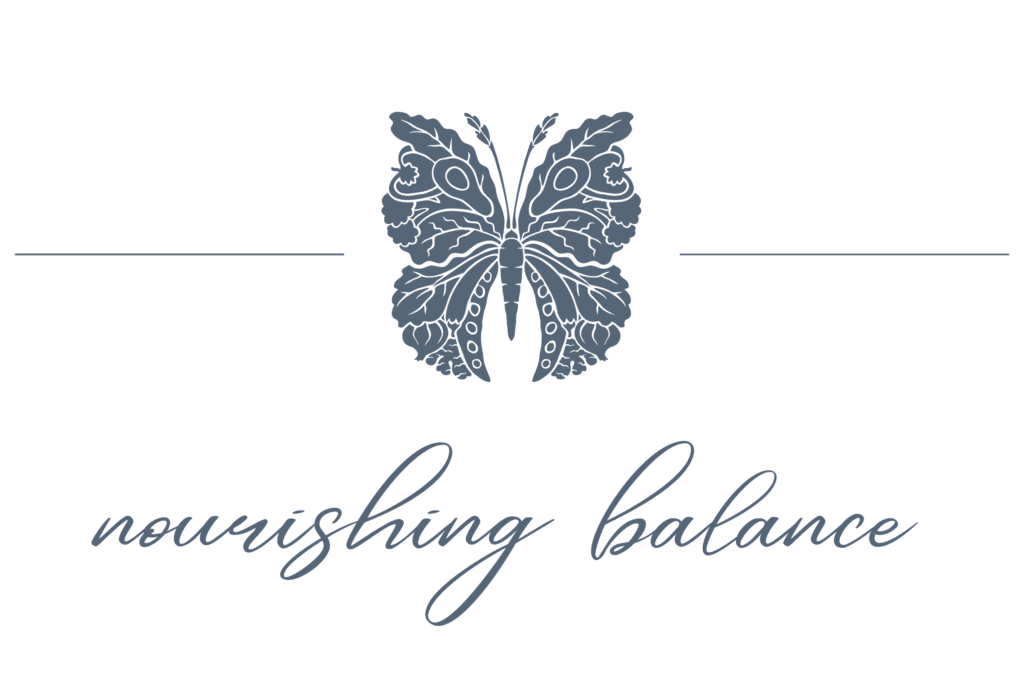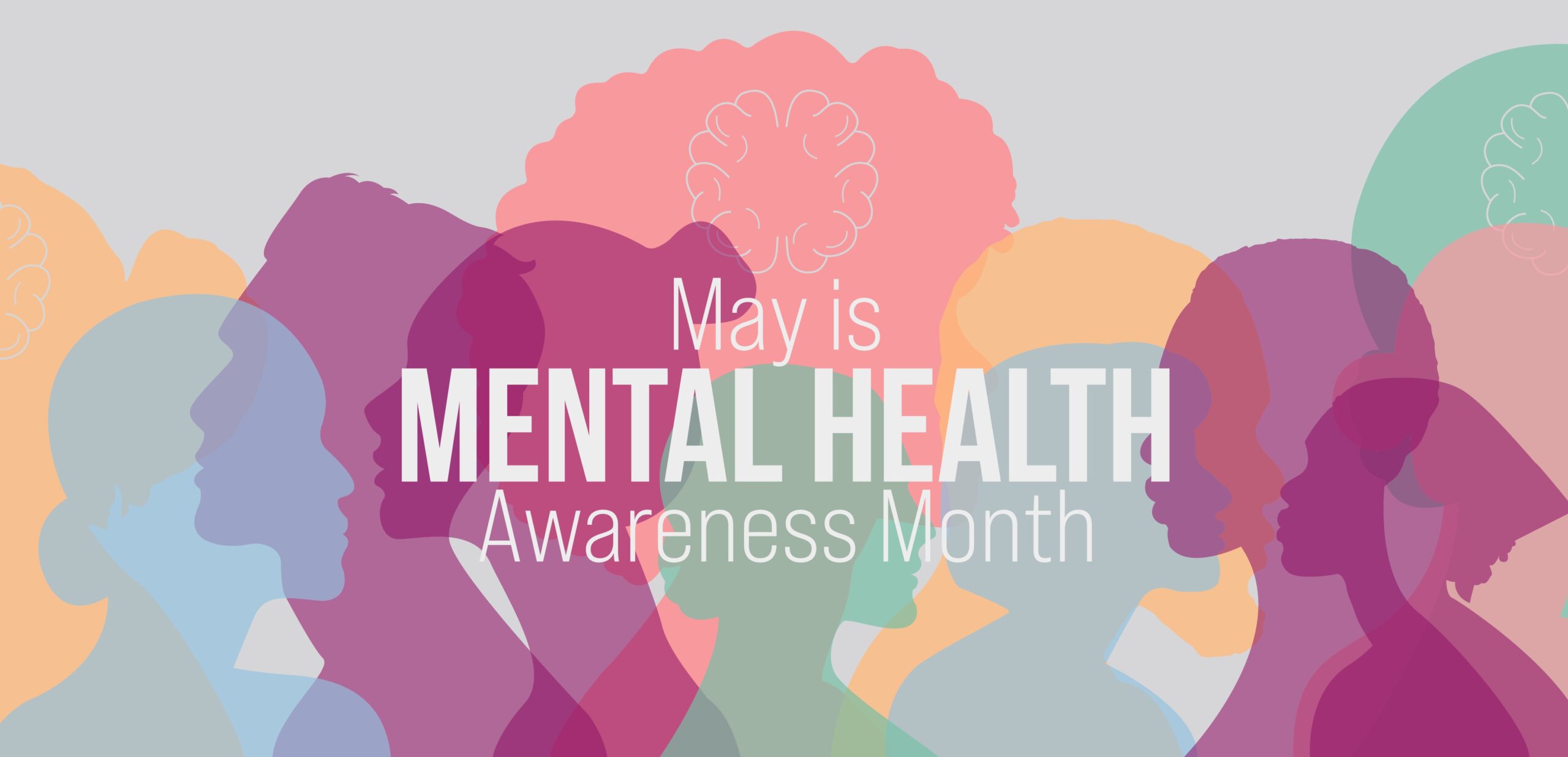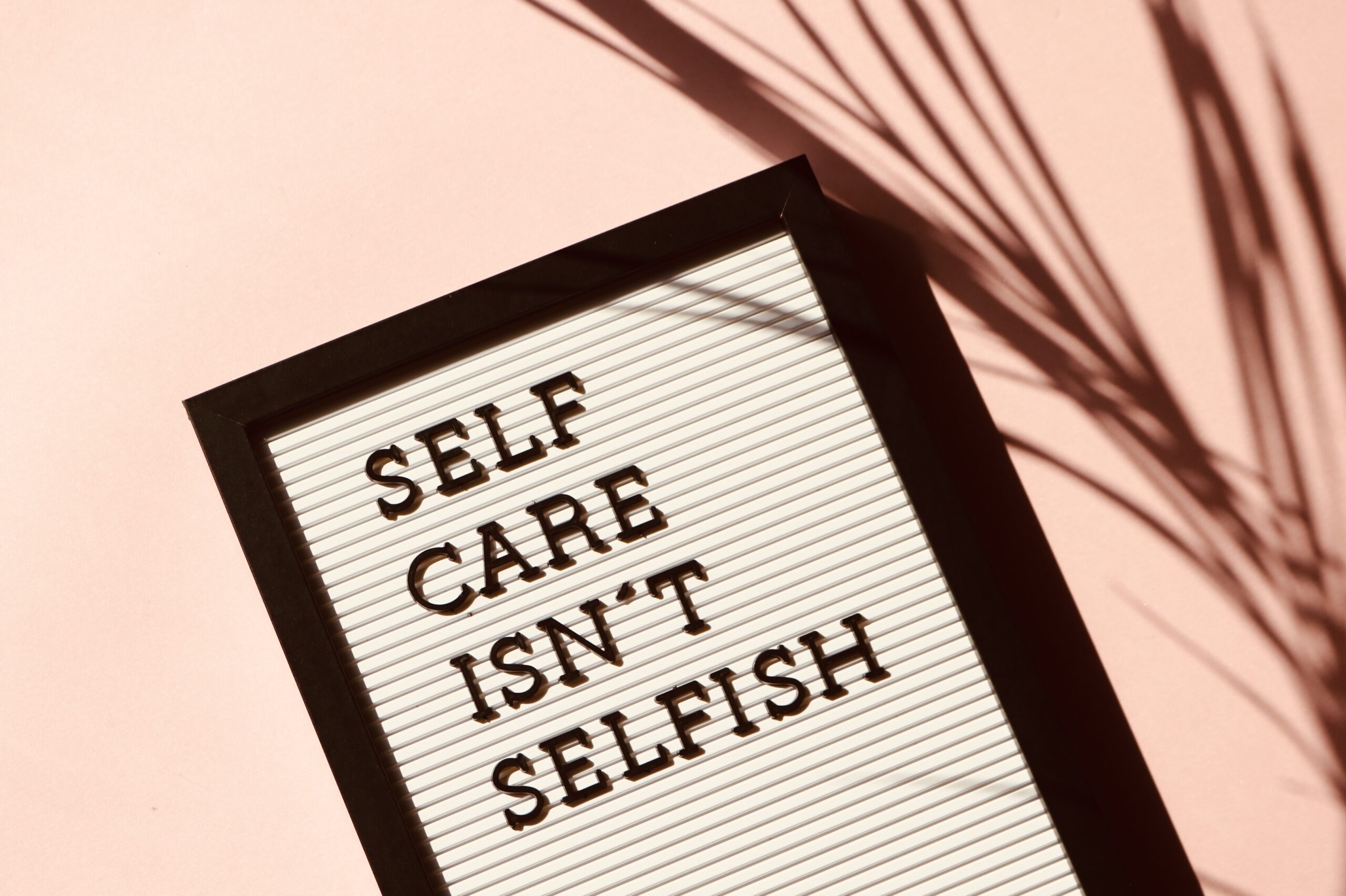What does SPF even stand for?!
Now that we know a little bit more about chemical-based sunscreens and mineral-based sunscreens (see ins & outs of sunscreen post if you missed it), let’s take a deeper dive into SPF! If you missed this blog, it may be a good introduction to this.
SPF stands for Sun Protective Factor. This is a measure of time your skin will burn compared to how long it will take using the corresponding sunscreen. However, it is important to note that this does not mean with an SPF 50, you can spend 50x the amount of time in the sun! There are many other factors that go into determining SPF and sun protection (1).

Are higher SPFs better?
Next, let’s debunk a very common myth. A higher SPF is not necessarily going to provide you with more sun protection. I always thought to wear a higher SPF on my face, for example, than my body because I want to protect my face from aging and sunspots. However, it has been scientifically proven that the difference between a 30 SPF and a 100 SPF is just a 1% difference from being more protective. A 30 SPF will block 98% of UV rays, while a 100 SPF will block 99% (2).
Therefore, a higher SPF often leads to a false sense of security, because you would assume that an SPF of 50 offers 20x longer sun protection than an SPF 30. However, this is not in fact true due to, UV ray’s strength, activity, medication interactions, and more factors that change the effectiveness of sunscreen (2). Thus, choosing an SPF 30 will offer a suitable amount of sun protection, and should be reapplied every 2 hours when in the sun, sweating, or swimming.
Concerns of higher SPF sunscreens
Now let’s talk about some concerns that are associated with high SPF products. An additional reason to choose an SPF of 30 is to minimize harmful risks that may come along with products of higher SPF. For example, when creating high SPF products, there are more sun-protective chemicals that are required to go into them, therefore, exposing more toxins onto the body, and therefore into the body. Remember that skin is our biggest organ and whatever we put on top of it will soak into it. Thus, there has been research linking high SPF with hormone disruption, tissue damage, and allergies (2).
In fact, Australia has banned products from being labeled higher than SPF 30+, whereas, in Canada, companies cannot label beyond 60+ SPF (2). Why aren’t we following Australia’s lead? Probably for marketing and consumer purposes, however, when choosing your mineral-based sunscreens, it is likely just as acceptable to choose an SPF 30 for your sun protection needs.
It is important to consult with your medical physician for children under two years of age, but always choosing a mineral based sunscreen is important. For recommendations on brands I approve, check out this article.
Sources:



